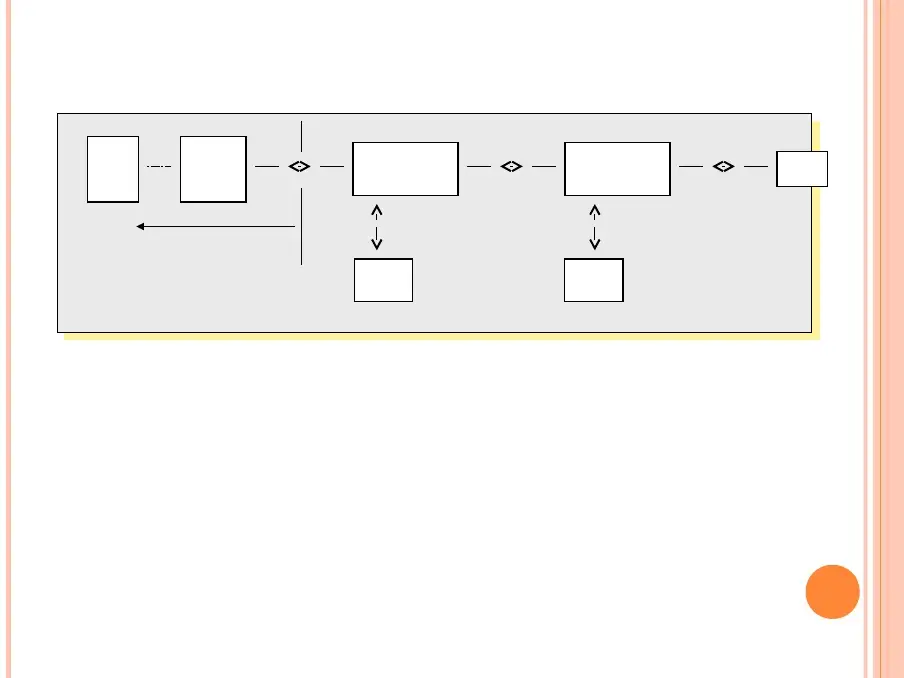SMSC stands for SHORT MESSAGE SERVICE CENTRE. It is a critical component in the infrastructure of mobile telecommunications networks that facilitates the sending and receiving of SMS (Short Message Service) messages. The SMSC is responsible for storing, forwarding, converting, and delivering SMS messages between mobile devices.
When you send an SMS, it is first sent to the SMSC, which then determines the best route for delivering the message to the recipient. If the recipient is not available or their phone is turned off, the SMSC will store the message and attempt to deliver it later. In cases where the message cannot be delivered, the SMSC may generate a delivery failure notification.
The SMSC plays a crucial role in ensuring the reliable and efficient delivery of SMS messages within a mobile network.



























The basic network architecture of an SMSC (Short Message Service Center) involves its integration within a larger mobile telecommunications network. Below is a simplified representation of the key components and their interactions in the SMSC network architecture.
